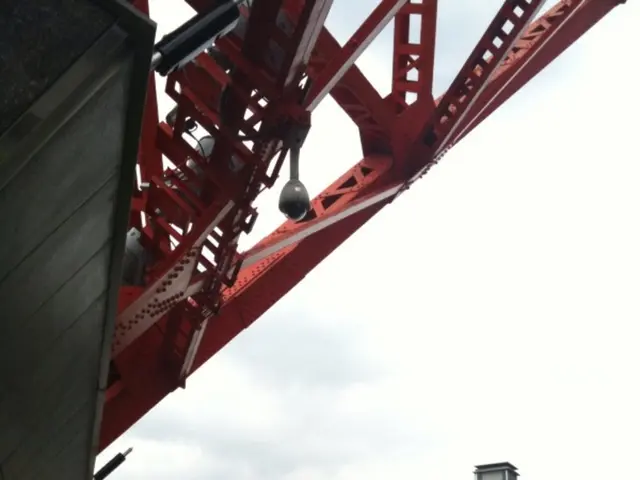Suzuki Motor Kicks Off Major Expansion in India, Aiming to Double Production by 2030
Suzuki Motor has initiated a substantial expansion in India, aiming to double its production capacity by 2030. The company has started manufacturing lithium-ion batteries locally, investing heavily in its operations, and planning to export vehicles to over 100 countries.
The Japanese automaker has partnered with Toshiba and Denso to produce lithium-ion batteries in India. Suzuki's Hansalpur plant in Gujarat is set to become a global manufacturing hub, with a planned capacity of 1 million units. This expansion is part of a larger INR 700 billion (US$ 8 billion) investment over the next 5-6 years.
The company's strategy involves consolidating its dominant position in the Indian market, boosting exports, and expanding its electric vehicle (EV) operations. The eVitara SUV, for instance, will be shipped from the Hansalpur plant to over 100 countries, including Japan and Europe. Suzuki aims to double its production capacity to four million vehicles per year by 2030.
Suzuki Motor's ambitious plans in India include producing lithium-ion batteries locally, expanding production capacity, and increasing exports. While widespread adoption of battery-powered vehicles may take time due to affordability concerns, Suzuki is committed to reducing emissions through multiple technologies, including battery-powered and hybrid powertrains, and compressed natural gas (CNG).
Read also:
- Germany Uncovers 32 Suspected Social Security Fraud Cases in Hotel and Catering Industry
- Manufacturing Under Siege: State-Sponsored Hackers Target Intellectual Property
- Chile's $10B Green Energy Project Threatens World-Class Observatory
- Elon Musk Acquires 26,400 Megawatt Gas Turbines for Powering His AI Project, Overlooks Necessary Permits for Operation!







